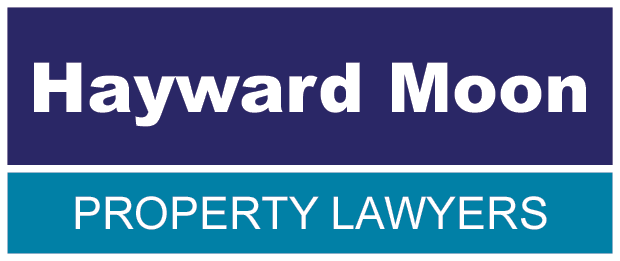Last year, £3.94 billion was raised by 83,000 homeowners over the age of 55 through equity release, with this figure expected to increase to £5 billion in 2019.
Before committing to extracting cash from your home, it’s important to understand how equity release works and weigh up the advantages and disadvantages.
How equity release works?
Homeowners over the age of 55, who own their property or only have a small mortgage can release money from their home provided it's valued in excess of £70,000.
Usually you can borrow between 19 and 50% of the value of your home, depending on your age, health and lifestyle, so if your home is worth £200,000 you could in theory release up to £100,000 from the property. This can be released in a single lump sum or gradually over time.
Advantages of equity release
You can stay in your home
Equity release allows you to bolster your income without the stress and expense of moving to a smaller, less expensive property.
Monthly outgoings won’t increase
Most equity release schemes allow you to pay nothing back until your property is sold, either when you pass away or enter a care home.
Avoid inheritance tax
Equity release is tax free, so if you choose to release money from your home and gift it to family members you’ll avoid inheritance tax.
Disadvantages of equity release
Interest charges mount up
Whilst interest rates are generally quite low and fixed for life, as you don’t pay off the interest charges each month the interest is added to the overall debt, meaning it compounds and grows rapidly.
As such, if you borrow money through equity release for a long time then the charges can seriously build up. In some cases this means that at the end of the plan you may owe the whole value of your home.
No way out
Most equity release plans are for life and early repayment penalties can be as high as 25% of the initial amount borrowed. This can make it difficult to pay back what you've borrowed or change provider to get a better deal.
Equity release also restricts you from taking out any other loans as you won’t be able to use your property as security.
Miss out on house price rises
With a home reversion equity release plan, you essentially sell all or part of your home to the equity release provider, usually at less than the market value. If house prices rise then you’ve lost out on even more money.
If you’re looking to release equity from your home, re-mortgage or downsize, please get in touch with our team or visit one of our offices in Ipswich, Colchester, Cambridge, Clacton, Bury St. Edmunds or Diss.



